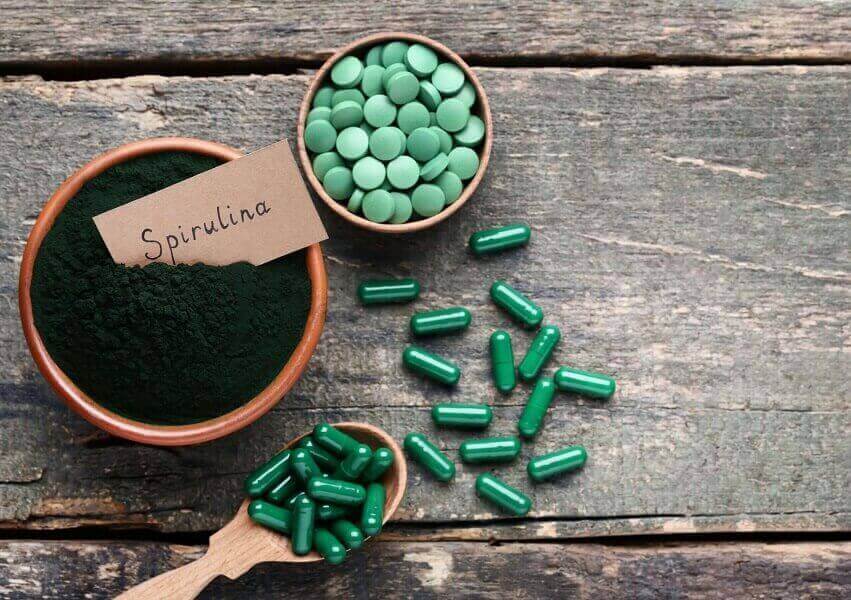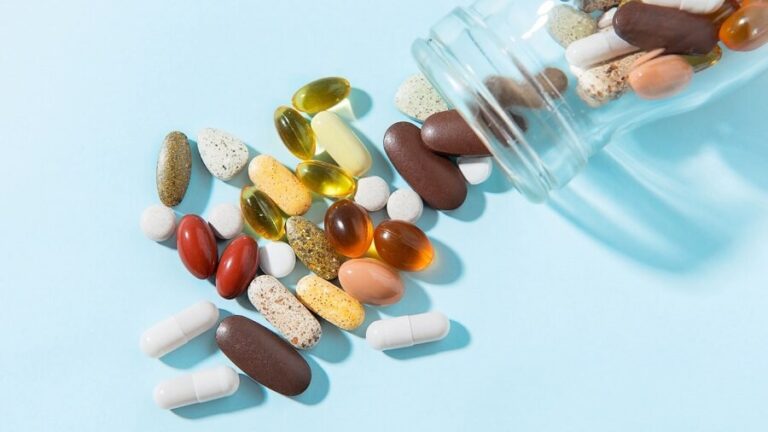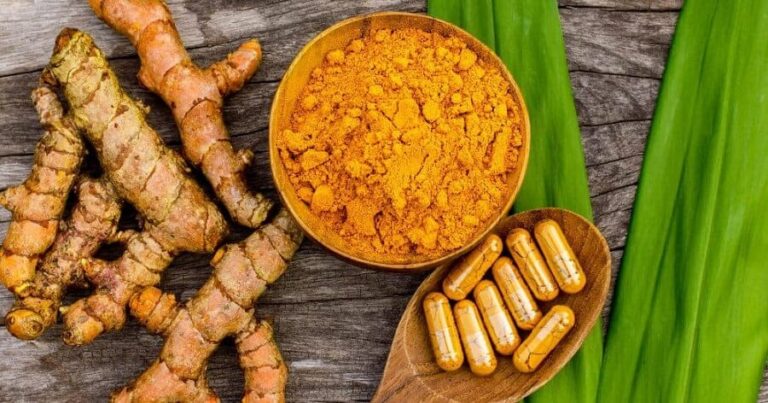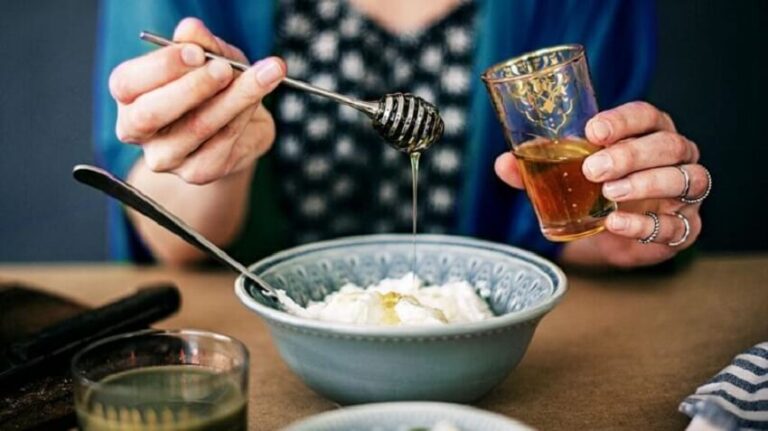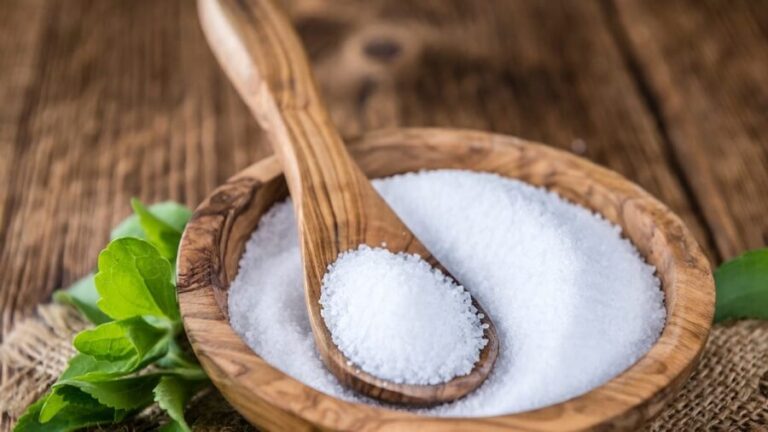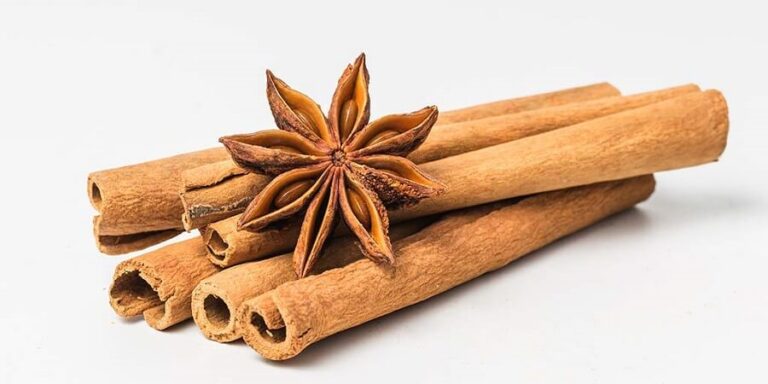Interest in spirulina has increased in recent years. Spirulina is promoted as a supplement for vegans as beneficial for athletes; some even suggest taking spirulina as a treatment for certain digestive disorders.
Some claim that one of the benefits of spirulina is that it provides vitamin B12. However, this is not entirely correct.
This article describes what spirulina is and what are the uses, benefits, and contraindications supported by science.
Spirulina: What is it?
Spirulina or spirulina is a microscopic blue-green alga belonging to the cyanobacteria family. What we know today as powdered spirulina is derived from the Arthrospira microorganism.
In biological terms, spirulina is a cyanobacterium, the only type of bacteria that can carry out the photosynthesis process. Like plants, it can convert light energy into chemical energy.
The uses of spirulina have been known since ancient times. Remains to suggest the Aztecs prepared spirulina-based cakes have been found in regions near Lake Texcoco. (6) As with chia seeds, the consumption of these algae was later wiped out by European colonization.
Nutritional properties of spirulina
One of the main properties of spirulina is that it contains approximately 55-70% proteins of high biological value.
Spirulina proteins provide all the essential amino acids, one of the crucial benefits for vegans and vegetarians.
The composition of this nutrient in algae surpasses any other source of vegetable protein, even more so than soybeans, red lentils, and other legumes.
The active ingredient in spirulina is phycocyanobilin, a molecule with powerful antioxidant and anti-inflammatory properties. The powder also provides B vitamins, vitamin C, vitamin D, vitamin A, and vitamin E.
Another nutritional property of spirulina powder is its high contribution of minerals such as potassium, calcium, chromium, iodine, sodium, and zinc. The powder of this algae is considered one of the foods richest in calcium.
Spirulina benefits
Studies suggest that spirulina has several health benefits. Taking spirulina can prevent fat deposition in the liver and lower bad LDL cholesterol in the blood.
Studies have shown that taking powdered spirulina can lower triglycerides by 10-15%—a beneficial fact for preventing cardiovascular diseases³.
It can also positively affect muscle recovery processes after intense physical effort. It can also help eliminate certain toxic compounds and act as a prebiotic. The benefits of spirulina are:
- It acts as a prebiotic, normalizes the digestion process
- Contribution of high-quality vegetable proteins
- Strengthen the immune system
- Acts as an antioxidant
- It May help remove toxic compounds (arsenic)
- May lower lousy LDL cholesterol
How to take spirulina?
To obtain its benefits, it is recommended to take spirulina for at least 6 to 12 weeks. Although there is no official recommendation of how much spirulina to take per day, the producers recommend varying the amount according to the goal of each person. How to take spirulina:
- To lower cholesterol – 1 – 6 g per day
- To improve muscle recovery – 5 – 7.5 g per day
- To lower lousy cholesterol – 3 – 5 g per day
- For fatty liver – 4.5 g per day
Does spirulina help to eliminate toxins?
Those responsible for eliminating toxins from the body are the kidneys and liver. Taking spirulina in detox shakes can help these organs improve their function and eliminate toxins.
The active substance in spirulina, phycocyanobilin, structurally resembles bilirubin, one of the main components of human bile. For this reason, it is believed that it could help eliminate certain toxic compounds in the body.
While there is still research to confirm the benefits of spirulina in detoxification, there are studies with promising results in taking such a powdered supplement to reduce the concentration of heavy metals (for example, arsenic) (4).
Spirulina history
Spirulina powder was first isolated in 1827. (6) However, genuine interest in this algae sparked in the 1970s, when NASA and the European Space Agency proposed these algae as one of the plants capable of growing. In space travel.
Currently, this alga is produced in many countries, and numerous scientific studies confirm the benefits of spirulina in terms of health.
Spirulina contraindications
Spirulina is considered a safe food. In moderate doses, it does not represent any danger for most people.
Contraindications to taking spirulina apply only to people with medicated autoimmune diseases or medications that affect the blood clotting process. One of the nutrients in spirulina, vitamin K may interact with these drugs.
Spirulina for Vegans – Does it have B12?
Unfortunately, many vegans do not seem to get enough vitamin B12. Transitioning from omnivore to vegan is associated with a lack of B12 after six months.
Some natural plant foods, such as spirulina, may contain a form of this vitamin. However, it is not active in the human body (7,8).
Scientists continue to search for natural plant food sources with B12. To date, there is insufficient evidence to support that these are sufficient.
If you are on a vegan diet and cannot meet the recommended daily allowances by consuming fortified products, you should consider taking a vitamin B12 supplement.
How to take spirulina in smoothies? – Recipe
Spirulina is an alga, so it has a characteristic taste and smell. Although the seaweed is dried and pulverized, combining it with fruits is an excellent idea to improve its flavor.
The seaweed flavor masks well with bananas and other sweet fruits. Here is a recipe for a spirulina, banana, and blueberry smoothie:
One banana1/4 cup frozen blueberry pulp250 g fresh spinach1 teaspoon spirulina powder1 cup milk
Beat everything for 5 minutes and serve fresh.
Spirulina is a blue-green alga with potential health benefits. In particular, its contribution of proteins of high biological value and the antioxidant effect of its active ingredient stand out: phycocyanobilin.
It is recommended to take about 2-8 g of spirulina powder per day. Combining it with fruits in smoothies is an excellent idea to improve the flavor. One of the false benefits of spirulina is that it provides b12. Although it is accurate that it theoretically has, it cannot be absorbed by the human body.

